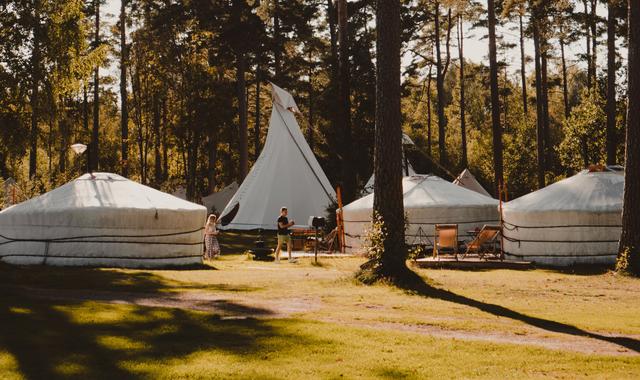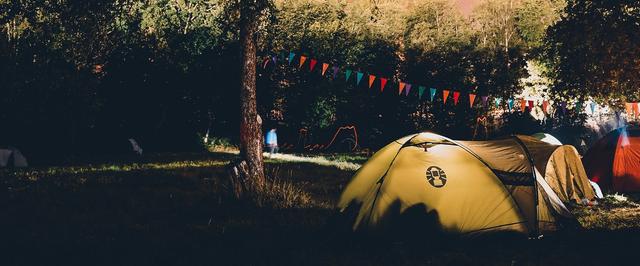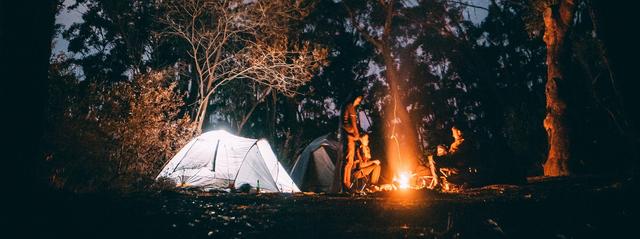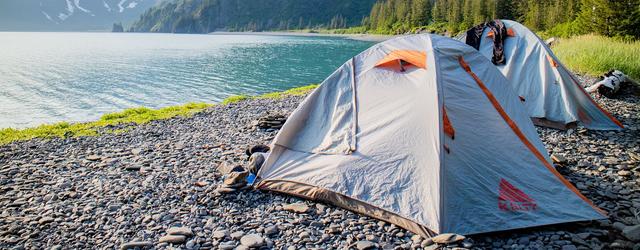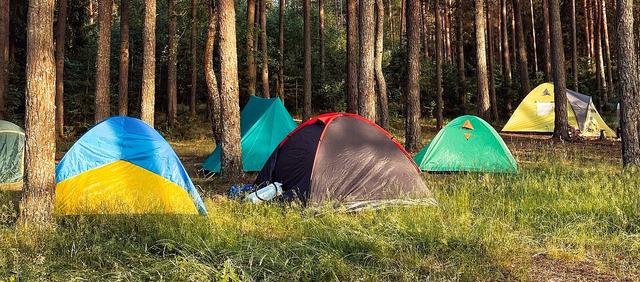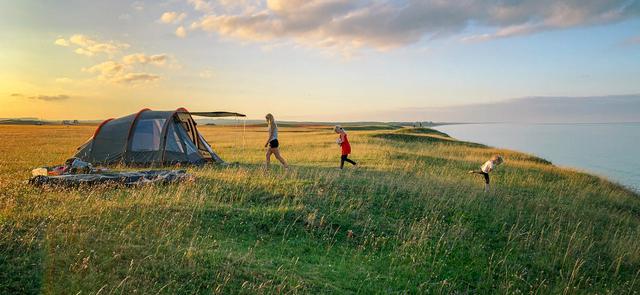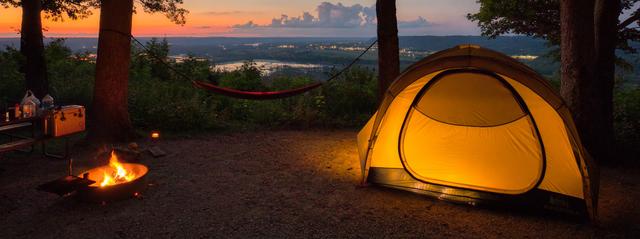Camping Articles
Camping For Kids In The UK
Camping has a storied tradition in the UK, tracing its origins back to the early 1800s when it was primarily a pastime for the aristocracy who embarked on "wilderness camping" adventures. The activity, however, was not widely accessible until the 20th century, a change heralded by the creation of groups such as the Scout Association and the Caravan Club.
It was through the efforts of the Scouts that camping truly entered the UK mainstream. Inspired by Baden-Powell's seminal publication, "Scouting for Boys" in 1908, which detailed extensive camping and outdoor skills, camping swiftly became a cornerstone activity in the Scouting movement. The inaugural Scout camp in 1907 marked the beginning of an enduring tradition that would weave camping into the fabric of both Scouting and Guiding across the UK.
In modern times, camping remains a cherished activity for UK families. Its accessibility and connection with the great outdoors offer a unique experience vastly different from other forms of recreation. As a family activity, it provides a fantastic opportunity for children to explore and enjoy the natural environment within the UK's renowned landscapes, such as the scenic Lake District, the lush Forest of Dean, and the historic New Forest.
Camping sites across the UK now cater extensively to families, ensuring that the camping experience is comfortable, enjoyable, and suitable for children of all ages. These sites often come equipped with facilities like playgrounds and swimming pools and offer a range of organised activities that enrich the camping experience. This mix of natural beauty, history, and optimized facilities makes camping a favoured option among families seeking to immerse their children in nature and adventure.
The Benefits of Camping
Camping offers a plethora of health benefits for children, making it a vital activity for promoting their physical and mental well-being. Engaging in camping encourages children to participate in various physical activities such as hiking, swimming, and exploring nature. These activities not only enhance their physical fitness but also improve cardiovascular health and promote muscle development.
Beyond physical benefits, camping is instrumental in developing crucial life skills in children. It fosters problem-solving abilities and teamwork as kids learn to set up tents, build campfires, and navigate new environments. Such activities enhance their independence and decision-making skills. Importantly, camping also offers significant mental health benefits. The exposure to natural settings during camping has been associated with reduced levels of stress and anxiety in children. Nature's calming effects can lead to better mental health outcomes, making kids feel more relaxed and rejuvenated.
In essence, camping serves as a comprehensive activity that supports the holistic development of children by boosting their physical health, skill set, and mental well-being.
FAQs
- What benefits do children gain from camping in a natural setting? Answer: Camping imparts numerous benefits to children including boosting physical health through activities like hiking and swimming. It also enhances mental wellness by reducing stress and anxiety, as natural environments are known to have a calming effect. Additionally, camping helps in developing crucial life skills such as problem-solving, teamwork, and independence among children.
- Is camping safe for children, and what measures can enhance their safety? Answer: Camping is generally safe for children if proper precautions are taken. Always supervise young children, particularly near water bodies and campfires. It's essential to have a comprehensive first-aid kit and knowledge of basic first aid. Educating children on safety around wildlife and natural features is also crucial. Ensuring that someone always knows your whereabouts and expected return time adds an extra layer of safety.
- Can you recommend some child-friendly camping sites in the UK? Answer: The UK boasts many camping sites that are perfect for families. Notable mentions include the scenic Lake District, which offers both beauty and numerous hiking trails, the Forest of Dean with its rich history and nature trails, and the New Forest, known for its wild ponies and walking paths. Most of these sites provide facilities such as playgrounds and are close to local attractions suitable for children.
- What is the historical significance of camping in the UK for youth movements like the Scouts? Answer: Camping has been an integral part of youth movements in the UK, particularly for the Scouts, which was founded by Baden-Powell. His seminal book "Scouting for Boys" published in 1908, highlighted camping as a valuable activity for developing various skills in youths. The first officially recorded Scout camp in 1907 marked the beginning of structured youth camping in the UK, emphasising growth in self-reliance and teamwork.
- How can parents ensure their children's enjoyment and comfort while camping? Answer: To ensure children enjoy and are comfortable during camping trips, parents should involve them in the planning process, giving them a role and responsibility suitable for their age. Bringing along familiar toys and games can help younger children adapt to the new environment. Additionally, practicing how to set up a tent and other camping duties at home can familiarise children with what to expect, easing any anxieties they might have regarding the experience.
